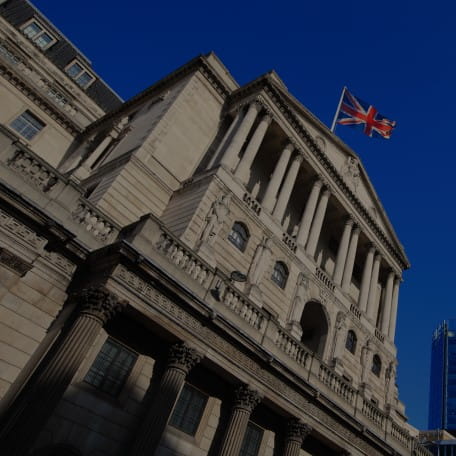Unloved European stocks should do well when global growth returns
Continental Europe is a troubled region. It may be looking more settled after the disruptions caused by Russia’s invasion of Ukraine, but the ramifications from that conflict are becoming apparent in the latest economic figures.
Data for September showed the eurozone economy shrank below expectations in Q3, although it was up an anaemic 0.1% versus the same quarter in 2022;1 and unemployment increased to 6.5%.2 Retail sales fell for the third consecutive month as higher interest rates, inflation and stagnant economic growth reduced consumers’ willingness to spend.3
There was some good news when inflation fell more than economists expected with consumer prices up 2.9% in the year to October – the slowest increase since July 2021, which was significantly down from the 4.3% annual inflation seen in September.4 Core inflation, which excludes energy and food, fell more than expected to 4.2% from 4.5% the previous month. But European Central Bank president Christine Lagarde has warned that it will take more than two quarters for the ECB to start cutting interest rates.5
Global attention might have refocused on the Middle East, but the Ukraine war continues to threaten potential havoc on Europe’s eastern flank, although this is hard to predict. Parts of the region, especially Germany, have been heavily reliant on Russian energy and the transition away from that has been challenging.
As the eurozone’s largest economy, problems in Germany have significant ramifications for the rest of the bloc. Manufacturing has traditionally been a strength for Germany, especially in relation to trade with China. But geopolitical issues mean that the West has been ‘de-risking’ its ties with China, where it has also been losing market share to domestic carmakers. Further problems have arisen from under-investment in information technology and the energy grid, with the latter creating challenges for an industrial sector that has been reliant on cheap Russian oil and gas but cannot access cheap renewable or nuclear sources.
Despite the insipid economic backdrop, Europe still looks to be in a tentative upward trend. European equities have delivered positive returns this year, ahead of the UK albeit behind those of the US and especially Japan.
It should also be remembered that the stock market is not the economy. Europe is certainly a troubled region and has its challenges. But the region could still deliver rewards for the right investment processes.
History shows, for example, that cash flow is one of the strongest indicators of long-term performance. Europe has companies that generate significantly more cash than they need to sustain their planned growth yet are lowly valued by investors on that measure and are run by managers committed to an intelligent use of capital.
When global economic growth returns, European stocks should do well. The continent is home to many multi-nationals linked to the global growth story. They have also been somewhat unloved by investors post Russia’s invasion of Ukraine, and if investors believe this has been overdone, then the bounce back could be all the stronger.
1Source: Eurostat, 31 October 2023
2Source: Eurostat, 3 November 2023
3Source: Eurostat, 8 November 2023
4Source: Eurostat 31 October 2023
5Source: Financial Times, 10 November 2023
KEY RISKS
Past performance is not a guide to future performance. The value of an investment and the income generated from it can fall as well as rise and is not guaranteed. You may get back less than you originally invested.
The issue of units/shares in Liontrust Funds may be subject to an initial charge, which will have an impact on the realisable value of the investment, particularly in the short term. Investments should always be considered as long term.
DISCLAIMER
This is a marketing communication. Before making an investment, you should read the relevant Prospectus and the Key Investor Information Document (KIID), which provide full product details including investment charges and risks. These documents can be obtained, free of charge, from www.liontrust.co.uk or direct from Liontrust. Always research your own investments. If you are not a professional investor please consult a regulated financial adviser regarding the suitability of such an investment for you and your personal circumstances.
This should not be construed as advice for investment in any product or security mentioned, an offer to buy or sell units/shares of Funds mentioned, or a solicitation to purchase securities in any company or investment product. Examples of stocks are provided for general information only to demonstrate our investment philosophy. The investment being promoted is for units in a fund, not directly in the underlying assets. It contains information and analysis that is believed to be accurate at the time of publication, but is subject to change without notice. Whilst care has been taken in compiling the content of this document, no representation or warranty, express or implied, is made by Liontrust as to its accuracy or completeness, including for external sources (which may have been used) which have not been verified. It should not be copied, forwarded, reproduced, divulged or otherwise distributed in any form whether by way of fax, email, oral or otherwise, in whole or in part without the express and prior written consent of Liontrust.










